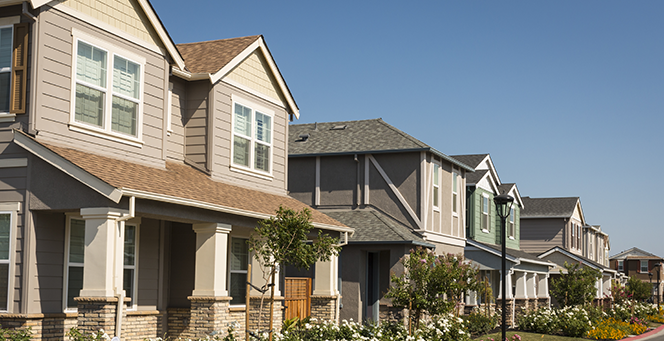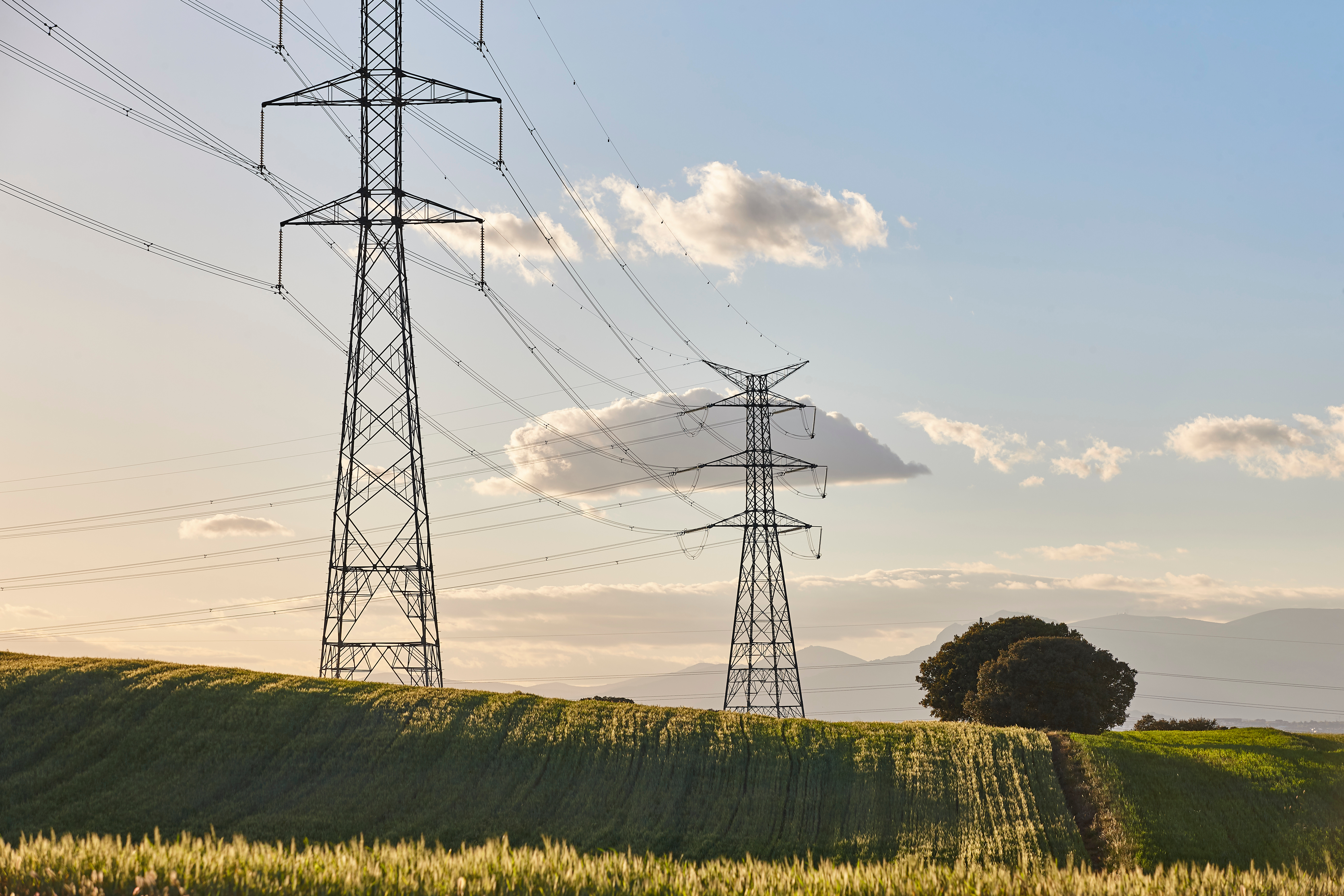Building Energy Codes Are Conservation Codes, Not Generation Codes
Let's Save Energy
Alliance to Save Energy's Blog

Building energy codes are a critical means for improving the energy performance of our homes and commercial buildings, which collectively make up our country’s largest energy-consuming sector. When a state or local government adopts an updated building energy code, a minimum level of efficiency is established for new buildings to achieve. Codes, historically, have been agnostic with respect to the generation of energy. Rather, codes have been focused exclusively on energy conservation in buildings.
Unfortunately, some recent actions and initiatives could undermine building energy codes by allowing trade-offs that would displace energy efficiency and conservation in favor of renewable energy (e.g. solar photovoltaic (PV) rooftop panels). The Alliance to Save Energy sees these developments as troubling. There ought not to be any permissible substitute for energy efficiency in building energy codes duly adopted by state or local governments.
Let us take a moment to be perfectly clear—the Alliance is neutral when it comes to fuels. Our slogan—“Using less. Doing more.”—applies whether it involves solar, wind, hydro, nuclear or fossil fuels. Renewable energy generation technologies, like solar, can be good for local economies, national energy independence and the environment.
But, it is always better to deploy low-cost and cost-effective energy efficiency first. And there are few better ways to “use less” than state and local implementation of updated building energy codes. It is therefore critical that we keep codes strong and encourage state and local adoption of the latest version. For the Alliance, this commitment involves resisting any attempts to supplant or replace energy efficiency in code compliance with renewable energy generation.
Building energy codes should not enable over-investment in generation, which could happen if efficiency is ignored. It is a far better idea, for example, to take steps to minimize a home’s energy consumption to avoid costs before installing an unnecessarily large solar PV array. Energy efficiency is literally built into buildings. Efficiency measures in building technologies and systems improve overall comfort and livability, and can last as long as the structure stands. A good thermal envelope, for instance, does not rely on weather, time of day, or progressive net-metering policies—all of which are out of the typical homeowner’s control—to lower demand, reduce consumption and deliver savings. The same principles apply to commercial buildings.
Attempts to substitute renewable energy generation for energy efficiency may be grounded in good intentions, but it simply does not make sense. And it is not supported by the wording or intent of the 2015 International Energy Conservation Code (which applies to homes) and will certainly lead to negative unintended consequences. Reliance on renewable energy generation to achieve code compliance equates to a significant shortcut that would affect homeowners most of all.
Many homeowners and commercial building owners are choosing to install renewable energy generation systems. Those who opt to “go solar” choose from many attractive offers, facilitated by technology advancements and affordable financing. These technologies certainly can bring benefits. But renewable energy generation should not be allowed to push aside cost-effective energy efficiency that we know generates benefits for homeowners and businesses.
Building energy codes lead directly to savings from energy efficiency worth billions of dollars every year. And that is the way it should continue to be.
The Alliance to Save Energy is one of many organizations that support state and local adoption of building energy codes. Three of our closest partners are the Energy Efficient Codes Coalition, Building Codes Assistance Project, and Responsible Energy Codes Alliance. Each group offers additional resources and more information about how building energy codes deliver real and verifiable economic and environmental benefits.
RECENT BLOG POSTS
STAY EMPOWERED
Help the Alliance advocate for policies to use energy more efficiently – supporting job creation, reduced emissions, and lower costs. Contact your member of Congress.
Energy efficiency is smart, nonpartisan, and practical. So are we. Our strength comes from an unparalleled group of Alliance Associates working collaboratively under the Alliance umbrella to pave the way for energy efficiency gains.
The power of efficiency is in your hands. Supporting the Alliance means supporting a vision for using energy more productively to achieve economic growth, a cleaner environment, and greater energy security, affordability, and reliability.



